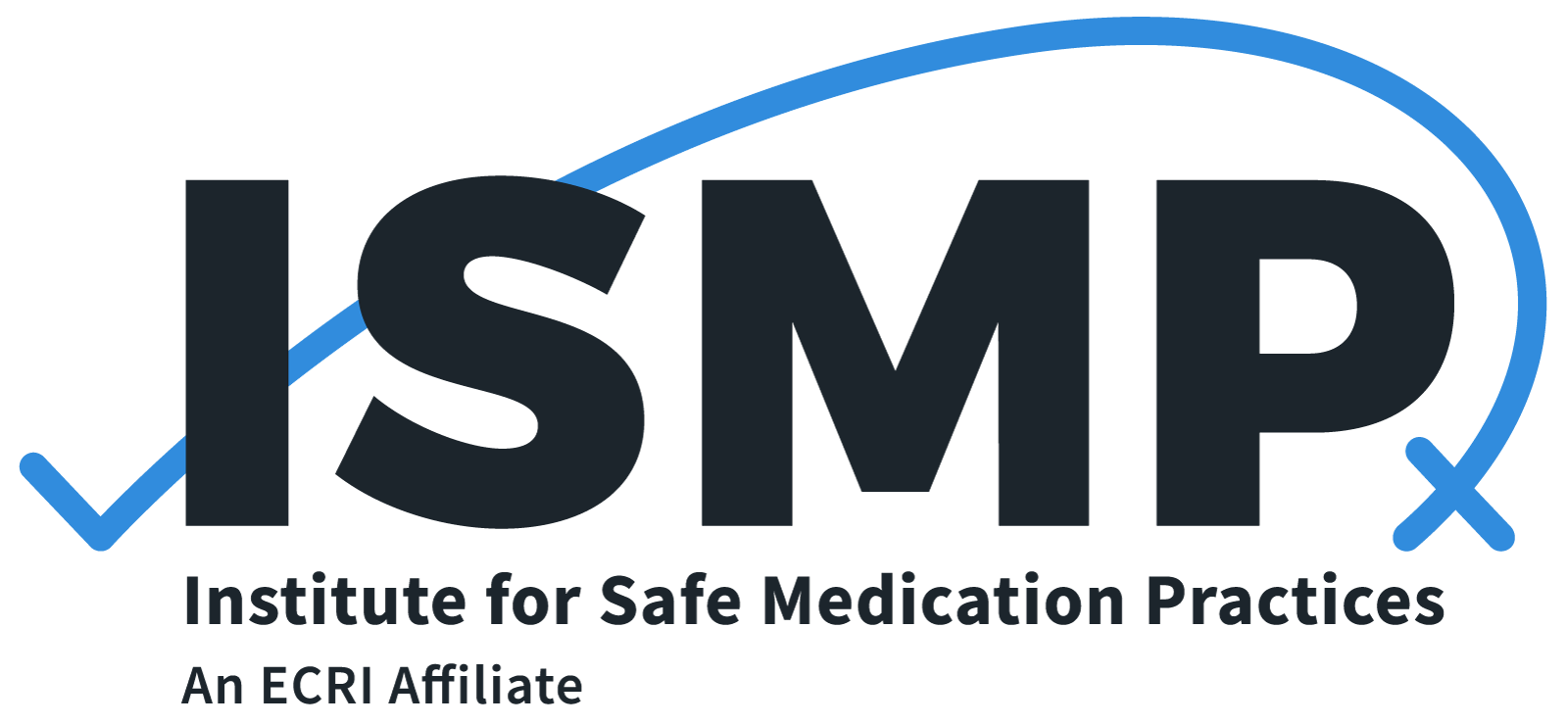After the conviction of former registered nurse RaDonda Vaught, following a fatal medication error, the Institute for Safe Medication Practices (ISMP) asserts that the verdict was unfair and warns about the negative impact on the entire healthcare community. ISMP urges those involved in prosecuting and sentencing her to reconsider and take more fair action to improve, not diminish, patient safety.
Commentary published in the April 7, 2022, issue of the ISMP Medication Safety Alert!® Acute Care newsletter provides an overview of misconceptions about medication errors that played a role in the trial and how the guilty verdict and potential jail time could hinder transparency and error reporting in the future.
“When RaDonda Vaught was convicted, the entire healthcare community lost as well. Her conviction, which made a scapegoat of one individual instead of focusing on fixing larger, preventable systemic issues, will have serious consequences for patient safety,” says ISMP President Emeritus Michael Cohen, RPh, MS, ScD (hon.), DPS (hon.), FASHP. “It could hinder the reporting of errors so that we are not able to learn from them and prevent future mistakes. This could also exacerbate the current shortage of healthcare providers by driving them away from clinical practice. If nurses believe that society, their community, and the judicial system holds them to a standard of perfection, why would they want to work in healthcare?”
Some of the key points ISMP makes in its assessment of the RaDonda Vaught case include:
-
The jury was not presented with enough evidence about system failures. Jurors did not have the opportunity to hear about how multiple system failures throughout the medication-use process contributed to the fatal error.
-
Truthful reporting was used to incriminate the “second victim.” Vaught provided full transparency and disclosure immediately to help mitigate consequences to the patient and later on to assist with analysis of contributing factors, which was used against her in court. The pain she was experiencing after making a fatal mistake was never acknowledged.
-
The unfair trial process did not reach a just outcome. Vaught’s defense included testimony from only a single witness, and the prosecution’s description of her actions was not accurate and could have misled the jury.
-
This fatal error should have been prevented. In 2016, ISMP published an article about mistakes with neuromuscular blocking agents that encouraged healthcare providers to reassess the safety of these agents in their facilities and provided recommendations for addressing risks that likely would have avoided this error.
-
The trial was offensive. The trial ignored existing science regarding confirmation bias, inattentional blindness, alert fatigue, and normalization of ADC overrides, and instead unjustly portrayed the nurse as someone who considered her patient a “disposable person.”
-
This trial will have a severe impact on error prevention. If healthcare practitioners fear harsh penalties such as going to prison if mistakes are discovered, they will be less likely to disclose errors or be willing to describe workarounds that set them up to make errors. Without information on how and why errors are occurring, it will be impossible to make system changes to prevent them from happening.
Errors similar to the ones in this case have been reported to ISMP before and after the event. ISMP sincerely hopes that healthcare organizations that use neuromuscular blocking agents take steps to address all of the system issues involved in this case. Healthcare practitioners are urged to continue reporting medication errors both internally and to ISMP (https://www.ismp.org/report-medication-error) so that we can continue to find out more about causes and develop strategies to enhance safety.
For a copy of the ISMP newsletter article with links to ISMP safe practice recommendations and ways to support RaDonda, visit: https://www.ismp.org/resources/criminalization-human-error-and-guilty-verdict-travesty-justice-threatens-patient-safety. A list of ISMP and other resources on preventing errors with neuromuscular blockers and automated dispensing cabinets is available at: https://www.ismp.org/resources-related-neuromuscular-blocker-and-adc-errors. Access may require free registration.
